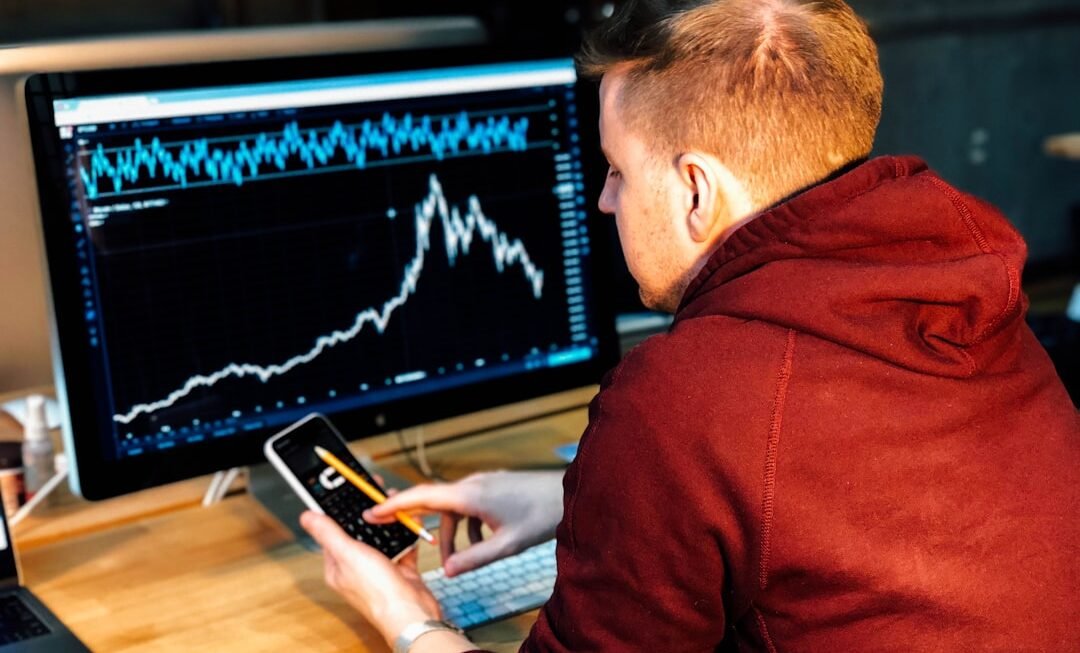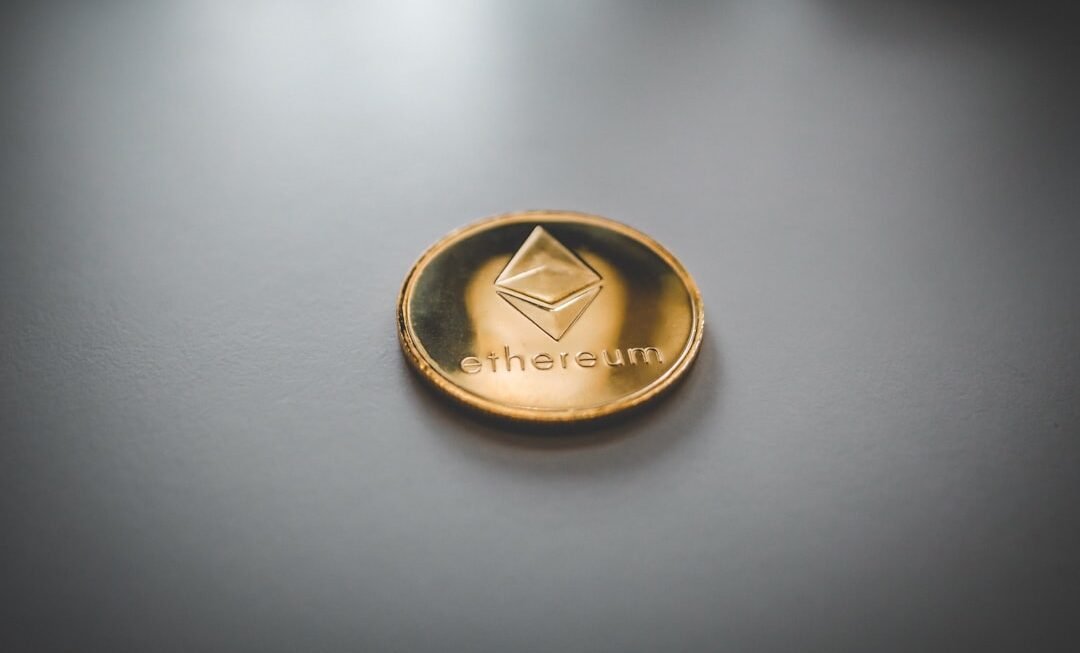Currently, there are numerous exchanges available, each offering distinct features, fee structures, and security protocols. As the cryptocurrency market continues to develop, it is crucial for investors to understand the key factors to consider when selecting a crypto exchange. These factors include the reputation of the exchange, supported cryptocurrencies, trading fees, security measures, and regulatory compliance.
Additionally, investors should be aware of the top exchanges in the market, their unique offerings, and any potential drawbacks. Security is a paramount concern in the cryptocurrency space, and exchanges implement various measures to protect user funds and personal information. These may include two-factor authentication, cold storage for assets, and regular security audits.
Regulatory oversight of crypto exchanges varies by jurisdiction, with some countries imposing strict regulations while others maintain a more lenient approach. To begin trading on a crypto exchange, users typically need to create an account, complete identity verification procedures, and fund their account with fiat currency or cryptocurrency. Successful trading on these platforms requires an understanding of market dynamics, trading strategies, and effective risk management techniques.
This article aims to provide a comprehensive overview of crypto exchanges, covering topics such as selection criteria, top platforms, security measures, regulatory considerations, account setup, and trading best practices. This information is intended to benefit both newcomers to the cryptocurrency space and experienced traders seeking to expand their knowledge.
Factors to Consider When Choosing a Crypto Exchange
Security: The Top Priority
It’s crucial to choose an exchange that prioritizes the security of its users’ funds and personal information. Look for exchanges that offer two-factor authentication, cold storage for funds, and a strong track record of security measures.
Cryptocurrency Options and Fees
Another important factor to consider is the range of cryptocurrencies offered on the exchange. While most exchanges offer popular coins like Bitcoin and Ethereum, some may also offer a wider range of altcoins for trading. Additionally, consider the fees associated with the exchange, including trading fees, withdrawal fees, and deposit fees. Be sure to read the fine print to avoid hidden fees.
User Experience and Exchange Performance
The user interface and trading tools offered by the exchange are also critical. A user-friendly interface and access to advanced trading tools can make a significant difference in executing successful trades. Furthermore, consider the exchange’s liquidity and trading volume, as higher liquidity means tighter spreads and better trade execution. Finally, evaluate the customer support offered by the exchange, as responsive support can be invaluable in resolving technical issues or account-related problems.
Top Crypto Exchanges: Features and Comparison

There are numerous crypto exchanges available in the market, each with its own unique features and offerings. Some of the top exchanges include Binance, Coinbase, Kraken, Bitfinex, and Huobi. Binance is one of the largest and most popular crypto exchanges in the world, known for its low trading fees, extensive range of cryptocurrencies, and high liquidity.
Coinbase is another well-known exchange that is popular among beginners due to its user-friendly interface and strong security measures. Kraken is a US-based exchange that offers a wide range of cryptocurrencies and advanced trading features, making it a favorite among experienced traders. Bitfinex is known for its advanced trading features such as margin trading and lending, as well as its high liquidity.
Huobi is a Singapore-based exchange that offers a wide range of cryptocurrencies and trading pairs, as well as competitive trading fees. When comparing these exchanges, it’s important to consider factors such as security measures, fees, range of cryptocurrencies offered, liquidity, user interface, and customer support. Each exchange has its own strengths and weaknesses, so it’s important to choose one that aligns with your trading preferences and requirements.
Security Measures and Regulations in Crypto Exchanges
Security is a paramount concern when it comes to crypto exchanges due to the decentralized and digital nature of cryptocurrencies. Many exchanges have fallen victim to hacking attacks, resulting in the loss of millions of dollars worth of digital assets. As a result, reputable exchanges have implemented stringent security measures to protect their users’ funds and personal information.
These measures can include two-factor authentication (2FA), cold storage for funds, encryption protocols, regular security audits, and insurance coverage for potential losses. In addition to internal security measures, regulatory compliance is also an important aspect to consider when choosing a crypto exchange. Different countries have varying regulations regarding cryptocurrencies and exchanges, so it’s important to choose an exchange that operates within the legal framework of your jurisdiction.
Some exchanges may be registered with financial regulatory authorities or comply with Know Your Customer (KYC) and Anti-Money Laundering (AML) regulations to prevent illicit activities such as money laundering and fraud. It’s important for users to conduct thorough research on an exchange’s security measures and regulatory compliance before opening an account and depositing funds. Additionally, it’s recommended to use hardware wallets or cold storage for long-term storage of cryptocurrencies rather than keeping large amounts of digital assets on an exchange.
How to Open an Account and Start Trading on a Crypto Exchange
Opening an account on a crypto exchange is a relatively straightforward process that typically involves creating an account, verifying your identity, depositing funds, and starting to trade. To begin, visit the website of your chosen exchange and click on the “Sign Up” or “Register” button. You will be prompted to provide your email address, create a password, and agree to the terms of service.
Once your account is created, you may need to complete a verification process by providing personal information such as your full name, address, date of birth, and proof of identity. After your account is verified, you can deposit funds into your exchange account using various payment methods such as bank transfer, credit/debit card, or cryptocurrency transfer. Once your funds are deposited, you can start trading by navigating to the trading platform on the exchange’s website or mobile app.
Select the cryptocurrency pair you want to trade (e.g., BTC/USD) and enter the amount you want to buy or sell. You can place market orders for immediate execution at the current market price or limit orders to specify the price at which you want your trade to be executed. It’s important to familiarize yourself with the trading interface and tools offered by the exchange before placing any trades.
Additionally, consider starting with small trades to gain experience and understanding of market dynamics before executing larger trades.
Tips for Successful Trading on Crypto Exchanges

Conduct Thorough Research
One of the most important tips for successful trading is to conduct thorough research on the cryptocurrencies you are interested in trading. This can include analyzing price charts, understanding market trends, and staying informed about news and developments in the crypto space.
Develop a Trading Strategy
Additionally, it’s important to develop a trading strategy based on your risk tolerance, investment goals, and time horizon. Risk management is another crucial aspect of successful trading. It’s important to only invest what you can afford to lose and avoid making impulsive decisions based on emotions or market hype.
Stay Informed and Disciplined
Consider using stop-loss orders to limit potential losses and diversify your portfolio across different cryptocurrencies to spread risk. Furthermore, staying updated with market news and developments can provide valuable insights into potential trading opportunities or risks. Joining online communities or forums dedicated to cryptocurrency trading can also provide valuable insights from experienced traders. Lastly, it’s important to stay disciplined and avoid chasing quick profits or succumbing to FOMO (fear of missing out). Stick to your trading strategy and avoid making decisions based on short-term market fluctuations.
The Future of Crypto Exchanges
As cryptocurrencies continue to gain mainstream adoption and acceptance, the future of crypto exchanges looks promising. With advancements in technology and increasing regulatory clarity, crypto exchanges are likely to become more secure, user-friendly, and accessible to a wider audience. The integration of decentralized finance (DeFi) protocols and non-fungible tokens (NFTs) into crypto exchanges is also expected to expand the range of financial products and services available to users.
Furthermore, as more traditional financial institutions and institutional investors enter the crypto space, there is potential for increased liquidity and stability in the market. However, it’s important for users to remain vigilant about security risks and conduct thorough research before choosing a crypto exchange for their trading needs. In conclusion, crypto exchanges play a crucial role in facilitating the buying, selling, and trading of cryptocurrencies.
By considering factors such as security measures, fees, range of cryptocurrencies offered, liquidity, user interface, customer support, regulatory compliance, and following best practices for successful trading, users can navigate the world of crypto exchanges with confidence and make informed decisions about their investments.
FAQs
What is a crypto exchange?
A crypto exchange is a platform that allows users to buy, sell, and trade cryptocurrencies. It acts as an intermediary between buyers and sellers, providing a marketplace for digital assets.
How do crypto exchanges work?
Crypto exchanges work by matching buy and sell orders from users. When a buyer and seller agree on a price, the exchange facilitates the transaction and charges a fee for its services.
What types of crypto exchanges are there?
There are different types of crypto exchanges, including centralized exchanges (CEX) and decentralized exchanges (DEX). Centralized exchanges are operated by a central authority and require users to deposit funds into their accounts. Decentralized exchanges operate without a central authority and allow for peer-to-peer trading directly from users’ wallets.
What are the fees associated with using a crypto exchange?
Crypto exchanges typically charge fees for trading, depositing, and withdrawing funds. These fees can vary depending on the exchange and the type of transaction being conducted.
Are crypto exchanges safe?
The safety of a crypto exchange depends on various factors, including its security measures, regulatory compliance, and reputation. Users should conduct thorough research and consider factors such as security features, insurance, and regulatory compliance before using a crypto exchange.
What should I consider when choosing a crypto exchange?
When choosing a crypto exchange, consider factors such as security, fees, supported cryptocurrencies, trading volume, user interface, customer support, and regulatory compliance. It’s important to select an exchange that aligns with your trading needs and risk tolerance.












